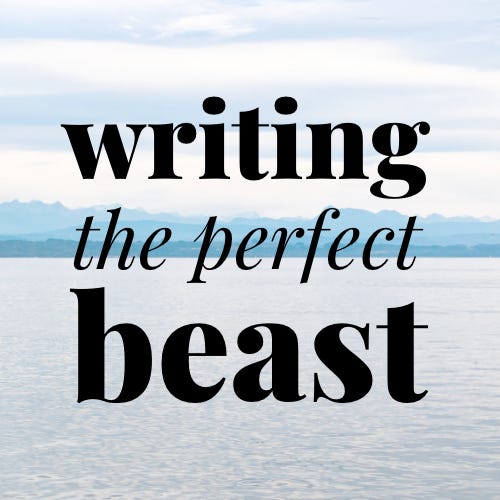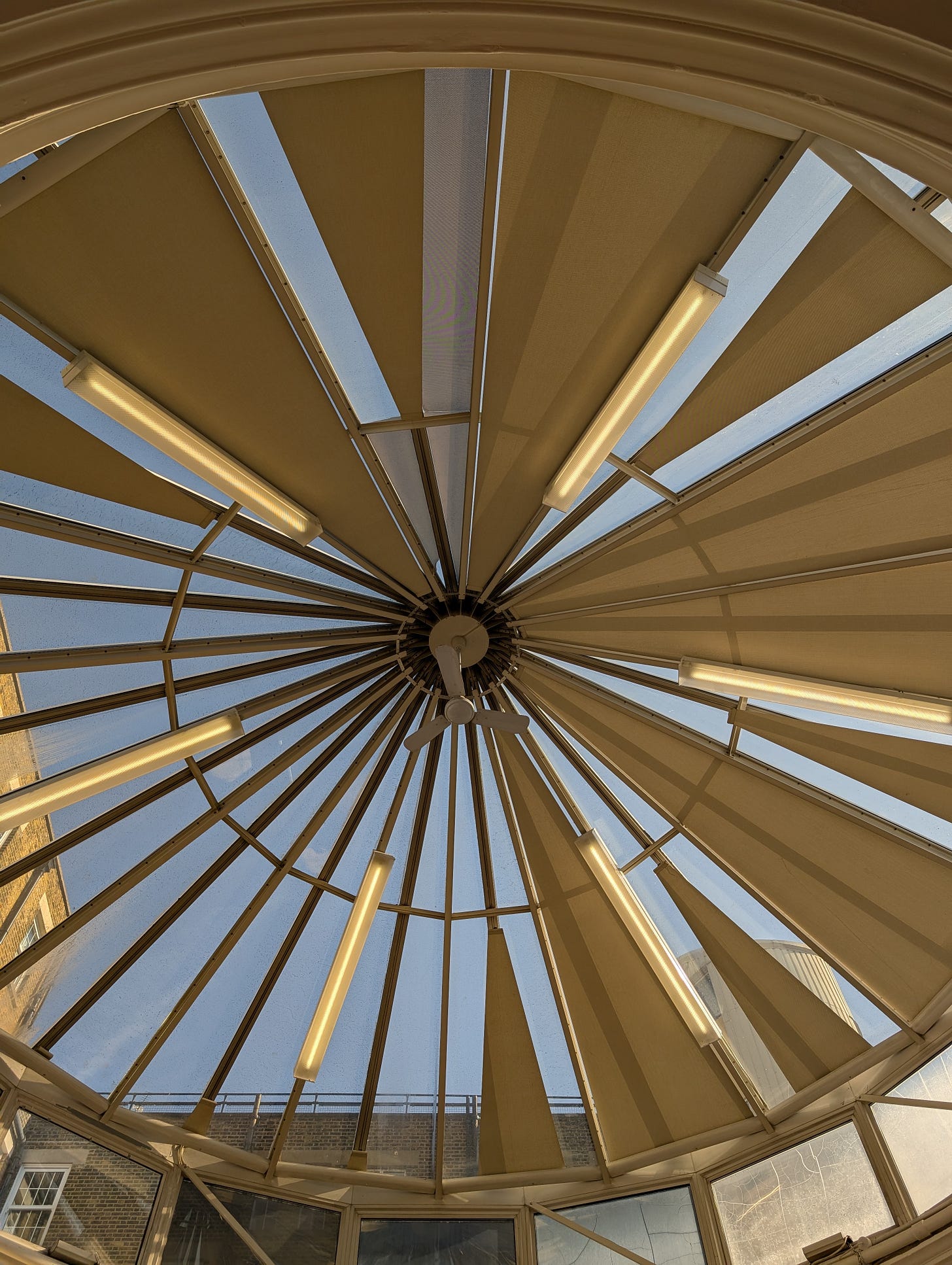Writing the Perfect Beast #1
What happens when there is nothing being published?
Starting this week, and going forward, I have decided to talk honestly about the business of how I write poetry. There are people who teach how to create poetry, how to format it, how to submit and how publishing in general works. I am not seeing that many people doing work on what you need to do with your brain and mental attitudes to make that stick, grow and then evolve. HI THERE.
Let’s see if we can change that.
I discovered Max Cooper during my early years as a poet. He trained as a computational biologist, but the music won, and when you watch the above video it is really easy to work out where the interface between music and nature takes place. When you can hear and see the Universe in every single object around you, how music can then be extrapolated electronically… it all makes sense.
There’s been a lot of my money spent in the last seven years on being ‘taught’ by a number of award winning individuals, a bunch of accomplished poets and some people who frankly should never have been allowed to teach at all. My Sixth Form Art History teacher was the person who insisted I could not call myself an artist until I had a competent grasp of the fundamentals of physical creation.
Only when you can create in your sleep can you begin to break things apart.
I like to think of the Poetry World as just that: it’s a unique version of a self-contained creative space. It appears almost exactly like the ‘real’ world, but it is ever so slightly different. If you look at just the surface of things, reality and poetry are indivisible. Start digging, however, and it is the rabbit hole that Morpheus describes to Neo in The Matrix.
The rules here do not follow what you can expect in reality either. Coming from an industry where I did a lot of copywriting and non-fiction output, the true creative writing spaces are warrens full of everything you could imagine, and many things you would not ever want to. Fan fiction taught me that if you have a kink, someone has already written about it. You are already too late. That’s also true for poetry.
Poetry World, like it or not, is also more like a theme park than an alternate reality.
What should be happening more than is currently the case is poets being encouraged to experiment and use their own personal experiences as a baseline for the creative processes. There will always be an obsession with history, with the endless recycling of classic literature and well-established forms. You can’t get away from the rides in the theme park that everyone wants a go on.
Also, we need more Howard Starks to leave cleverly-submerged clues to new directions and smarter forms in their work. We have been eating sonnets and haiku at the concession stands for a very long time, and although they are both enjoyable and mentally nutritious, there needs to be more fusion cuisine on offer. I’m no cook, but I know a good snack when someone else makes it.
I can identify flavours and then experiment with them in my own meals.
How do you identify what your strengths and weaknesses are as a creative? It begins with being very honest with yourself. If you’re not permanently carrying around a way of writing down ideas, that’s also a really important part of the process. It isn’t simply making time to write, it’s being able to at every potential moment of every single day. So, that’s your challenge to begin.
Don’t buy a new notebook. Recycle an old one, and if that has old stuff in it, so much the better, because here is the process of where real learning begins. You do not constantly begin anew each time there’s an attempt to reinvent yourself. Far from it. What you bring with you from before this moment of impetus is as important as the stuff you will want to leave behind.
To unlock your creative mindset, you are going to have to do the Hard Work.
If you enjoyed reading this post, and you found it useful:




